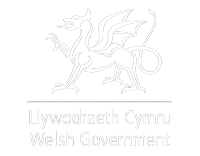- Andersons’ consultants are continuing to support their clients during the pandemic. If you require any advice, please contact your usual consultant, or the office on 01664 503200 or email [email protected].
- The application window for Basic Payment Scheme claims has now opened in all parts of Great Britain. The deadline for submission without incurring a penalty is 17th May this year, as 15th May falls on a Saturday. The biggest change in the scheme is the removal of most of the Greening requirements (Ecological Focus Areas are still required in Scotland). This should make the process of claiming somewhat easier. The entitlement usage rule, which used to mean, at least once in every two years all entitlements needed to be used in a single claim, has also been abolished. Meaning unused entitlements will not be removed from claimants. In England, the annual revenue claims under Countryside Stewardship and Environmental Stewardship are also open. Again, the deadline is the 17th If you need advice on completing your 2021 BPS application or an Agri-environment revenue claim, please contact your usual consultant or 01664 503200 or email [email protected].
- Morrisons has pledged to be the first supermarket to be supplied by net-zero farms. The supermarket has said it will work with its 3,000 suppliers to help them become zero carbon emitters by 2030. Waitrose has also committed to be supplied by net zero farms by 2035. Morrisons expects eggs will be the first products to reach this status and this could be as early as 2022. Lamb, fruit, vegetables, pork and beef will then follow. The retailer’s Livestock and Produce Teams will initially work with a small number of their suppliers to create net zero carbon farm ‘models’. Once these ‘blue prints’ have been established they will be rolled out across all of the retailer’s suppliers to enable all food to be produced in a climate friendly way.
- The Farm Business Grant opened in Wales on 1st March. This is the 8th Expression of Interest EoI) for the scheme which pays up to 40% towards the cost of specific capital items which have been pre-identified to improve the economic and environmental performance of the business. Applications are made via RPW Online. The deadline for EoI is 9th April 2021. Further information is available via: https://gov.wales/farm-business-grant-rules-booklets
- The Swedish company Oatly, that produces alternatives to dairy products from oats, plans to open its first UK factory in 2023. The facilities which will be based in Peterborough, Cambridgeshire will initially produce 300 million litres of oat drinks per year, increasing to a capacity of 450 million litres. According to the company it will use oats from across the UK which will be a boost for the domestic crop, which has seen a resurgence in recent years.
- Cereals 2021 will now be held on June 30th – July 1st this year. Under the Government’s lockdown exit strategy, restrictions are due to end on 21st June, organisers have therefore decided to move the event from the original June 9th -10th in order to accommodate the maximum number of visitors and exhibitors. The event will continue to be held at Boothby Graffoe, Lincolnshire with the format remaining the same as in previous years.
- The Budget, on the 3rd March continued support for the economy to cope with the effects of the Covid-19 pandemic whilst making the first, tentative, steps towards rebuilding the public finances. The economic outlook is set to improve later this year as lockdown measures are gradually unwound. The UK economy is forecast to have shrunk by 9.9% in 2020 – the largest contraction for 300 years. The latest forecast from the Office of Budget Responsibility (OBR) indicates that the economy will rebound with 4% growth in 2021 followed by an increase of 7.5% the year after.
- The effect of Brexit can be seen in sharply reduced trade volumes with the EU. The Office for National Statistics (ONS) recently published UK trade data for January 2021. Unsurprisingly this has revealed significant drops in food and live animals trade with the EU; there has been a 64% drop in exports to the EU, whilst imports from the EU have fallen by 24%. More time is needed before definitive conclusions can be drawn, however. The situation has improved since January and traders who are well-organised are getting through the EU border controls. It will be mid-year before a definitive picture will emerge as agri-food trade is often lower during January to March. Trade should recover somewhat but probably not to the same levels as before. The significant decline in EU imports also presents opportunities for domestic suppliers to capture a greater proportion of the UK market, particularly in perishable agri-food products. This will mean that there will be winners as well as losers as a result of Brexit.
This month’s Spotlight looks at the Sustainable Farming Incentive (SFI) pilot scheme, it gives details of the different ‘Standards’ and payment levels released by Defra; a first look at this component of ELM. Click Here for further information.
If you would like more detail on the topics covered above, why not subscribe to Andersons’ AgriBrief Bulletin? Over the course of each month, we give a concise and unbiased commentary on the key issues affecting business performance in the UK agri-food industry, and its implications for farming and food businesses. Please click on the link below for a 90-day free trial:



